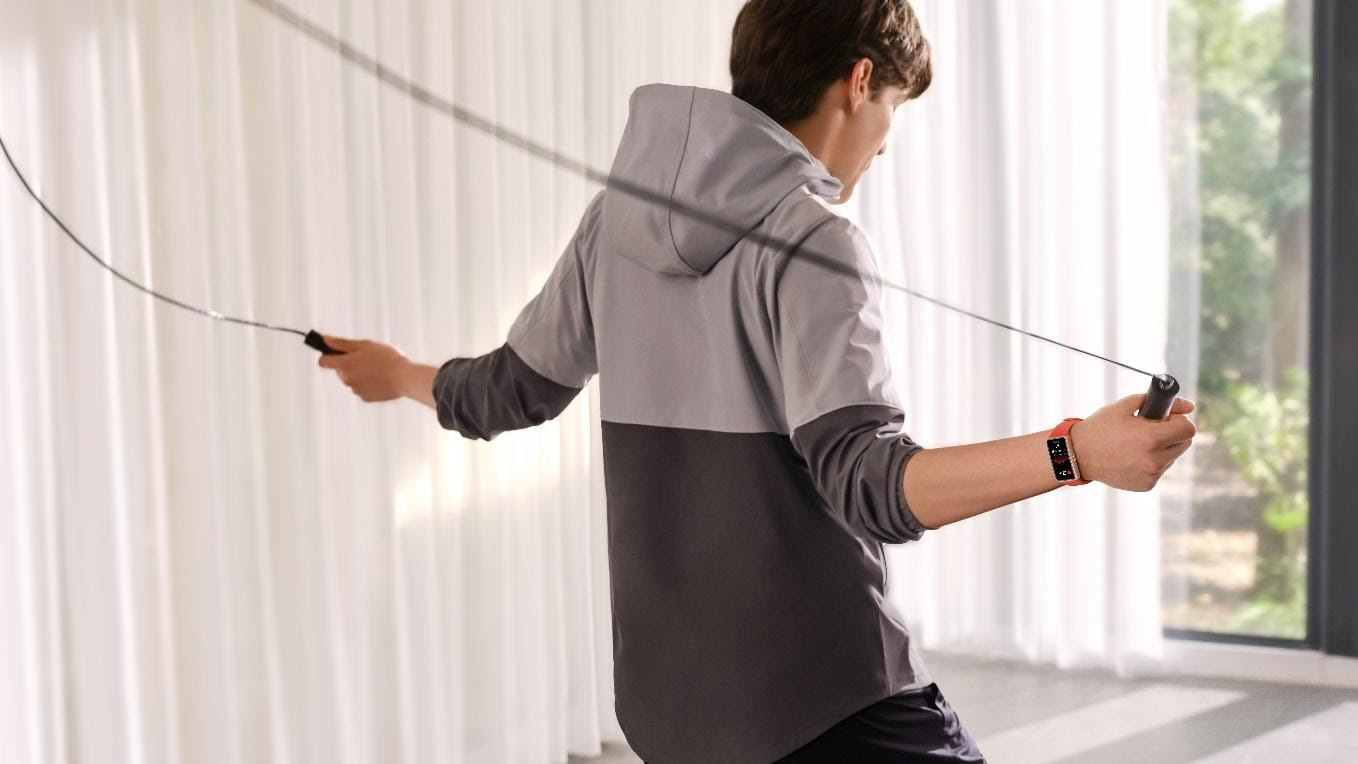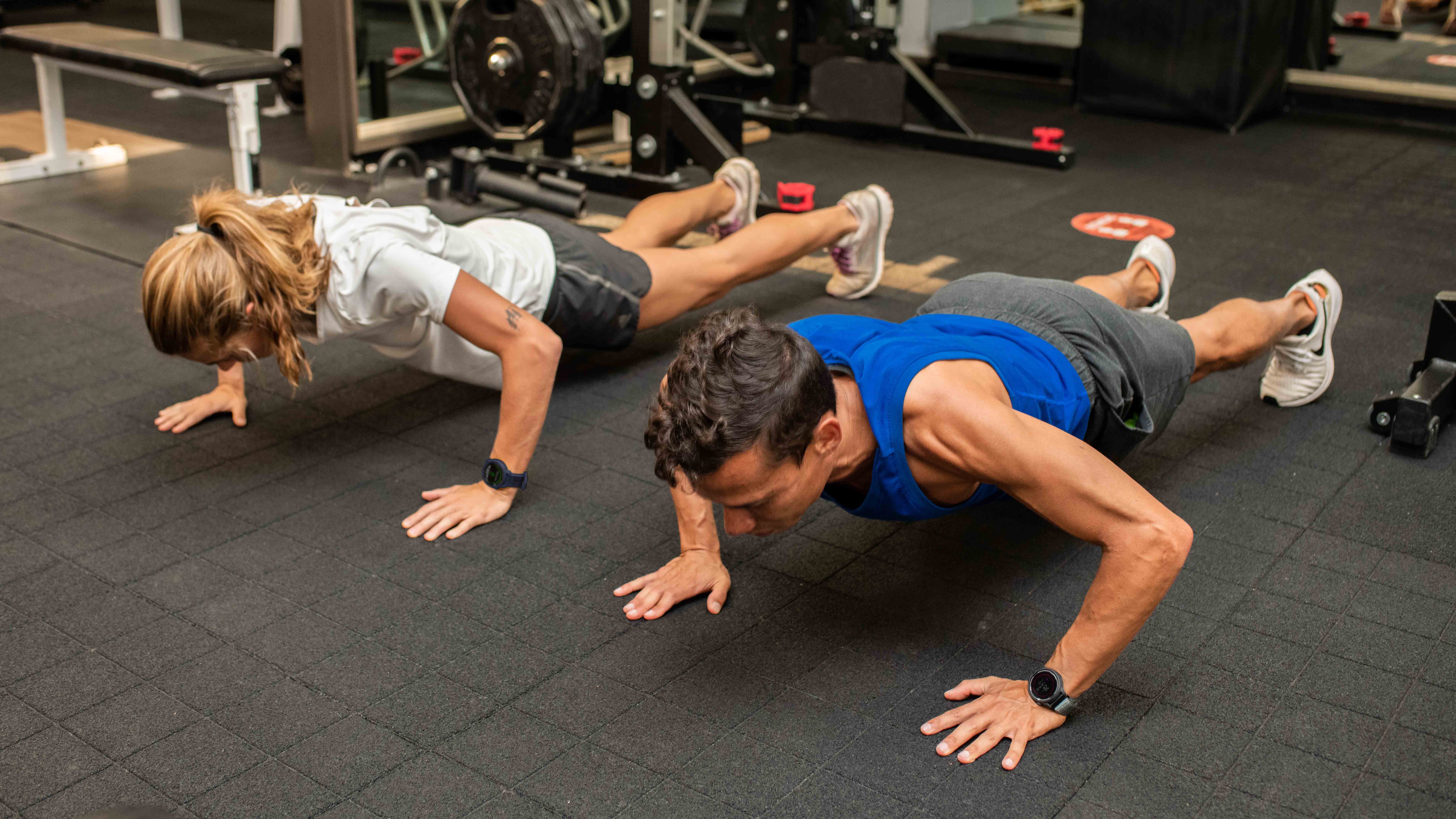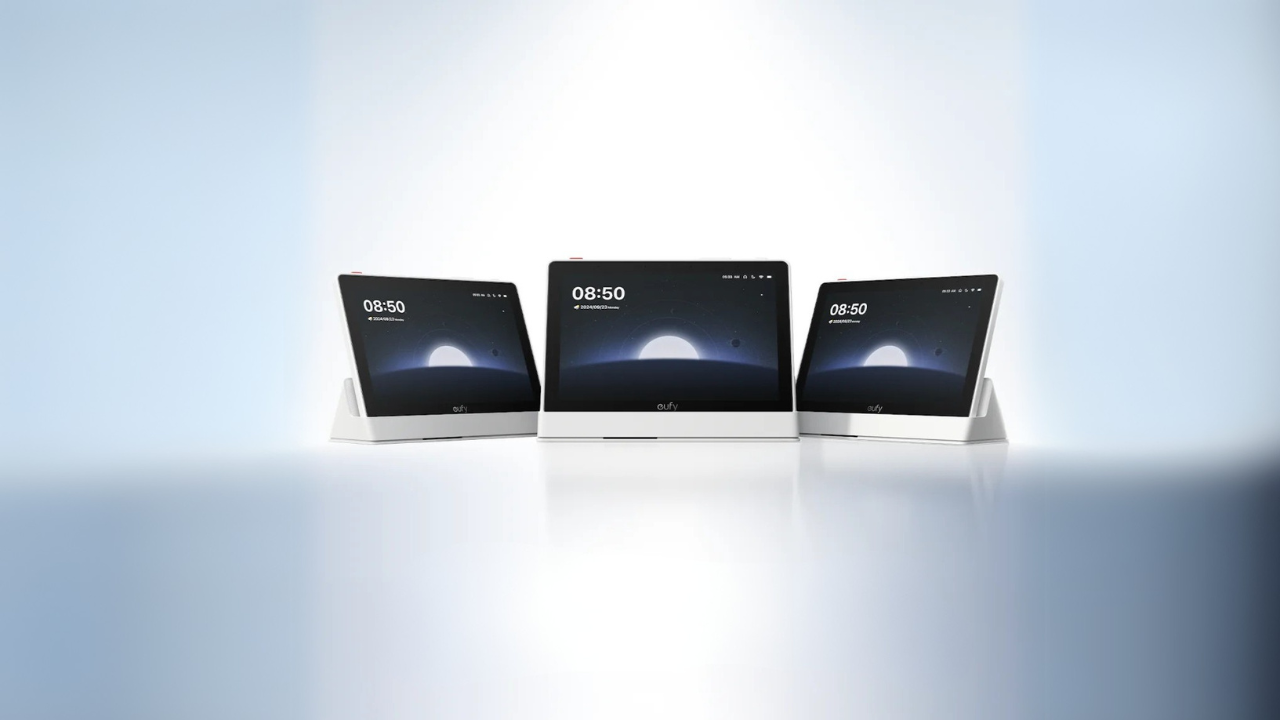

The first year at university is an exciting time: for the first time in your life, you live away from your parents and have more control over what you eat, how you dress and, most importantly, how much you drink. This is all well, but one of the many results of this newly-found freedom is the seemingly inevitable weight gain, sometimes called 'fresher spread' or 'freshman 15', which, let's face it, certainly won't help you pick up girls/boys.
However, you won't put on this 10 - 15 lb (5-7 kg) fresher weight if you shuffle your cards right. One thing you can do that can help keep the pounds off is exercise, obviously, but it's not easy to keep going after the initial period. To stay motivated in the long run, it's best to get a fitness tracker or a running watch.
Even the act of buying a wearable can help you stay on track – you wouldn't want to waste money on non-alcohol-related expenses – but there are more than just one way these fitness watches can help you follow through. Here are some of them.
But before we move on, make sure you check out T3's guides on the best Fitbit deals and best Garmin deals! You don't want to miss out on a good deal, do you?
- Coros Vertix 2 review (early verdict): serious Garmin Fenix 6 rival with dual-GPS and epic battery life
1. Fitness wearables can help you walk more
I'm sure you've heard that walking 10K steps a day can help to keep you active, and although this statement in itself is not necessarily true – the number of steps is rather arbitrary – it's true that walking, especially brisk walking, can help you offset sedentary lifestyle, a.k.a. sitting around attending classes.
An accurate fitness tracker, such as the Fitbit Charge 4 or the Fitbit Versa 3, can help you keep track of the steps you made, which can help you get motivated to do even more the next day. More advanced watches, such as the Garmin Forerunner 245, can even automatically adjust your daily step target based on how often you hit your goals. If you keep on hitting the daily goals, the algorithm increases them a bit and vice versa.

2. Fitness wearables can motivate you to exercise enough every week
So, you're hitting your step goals every day, well done you. Now it's time to up the game a bit and start exercising. How much should you exercise, though? Well, the WHO recommends that people "should do at least 150–300 minutes of moderate-intensity aerobic physical activity" a week.
Sign up to the T3 newsletter for smarter living straight to your inbox
Get all the latest news, reviews, deals and buying guides on gorgeous tech, home and active products from the T3 experts
Great! But let's face it, uni students are not famous for keeping things organised so it would be great if the watch you used could keep track of the workouts you did automatically. Aren't you lucky as this is exactly what they do: Fitbit calls this feature 'Active Zone Minutes' while Garmin 'Intensity Minutes'.
Essentially, the watch tracks heart rate 24/7 and records any activity that increases your heart rate in the correct zone without you having to press a single button. This can be a workout or just a fast-paced walk: as long as the tracker is around the wrist, it'll make a note of the activity.
More advanced watches such as the Garmin Venu 2 or the Polar Vantage M2 will provide even more data as well as your active minutes. They cost more, though. Obvs.

3. Fitness wearables make exercising fun
Keeping track of workouts is one thing, but fitness watches can also make exercising fun again. In the apps, you can collect virtual badges and rank higher on leaderboards if you exercise enough. Who doesn't like a virtual trophy?
There are certain trophies you can only unlock at certain times of the year (e.g. doing a workout on the first or last day of the year), making them all the more exclusive.
However, the best bit is challenging friends and family members through these apps. Believe it or not, you will miss your parents/siblings when you're away, and one way to keep in touch is to compete with them in the app to see who's done more steps any given week.
Getting friends to join is even more fun and can provide a lot of motivation to keep going, especially if you happen to have a friend who always seems to hit all their goals with seemingly no effort. How rude! You can't let this happen, and the only way to prevent it is to get up and walk more.

Matt Kollat is a journalist and content creator who works for T3.com and its magazine counterpart as an Active Editor. His areas of expertise include wearables, drones, fitness equipment, nutrition and outdoor gear. He joined T3 in 2019. His byline appears in several publications, including Techradar and Fit&Well, and more. Matt also collaborated with other content creators (e.g. Garage Gym Reviews) and judged many awards, such as the European Specialist Sports Nutrition Alliance's ESSNawards. When he isn't working out, running or cycling, you'll find him roaming the countryside and trying out new podcasting and content creation equipment.

